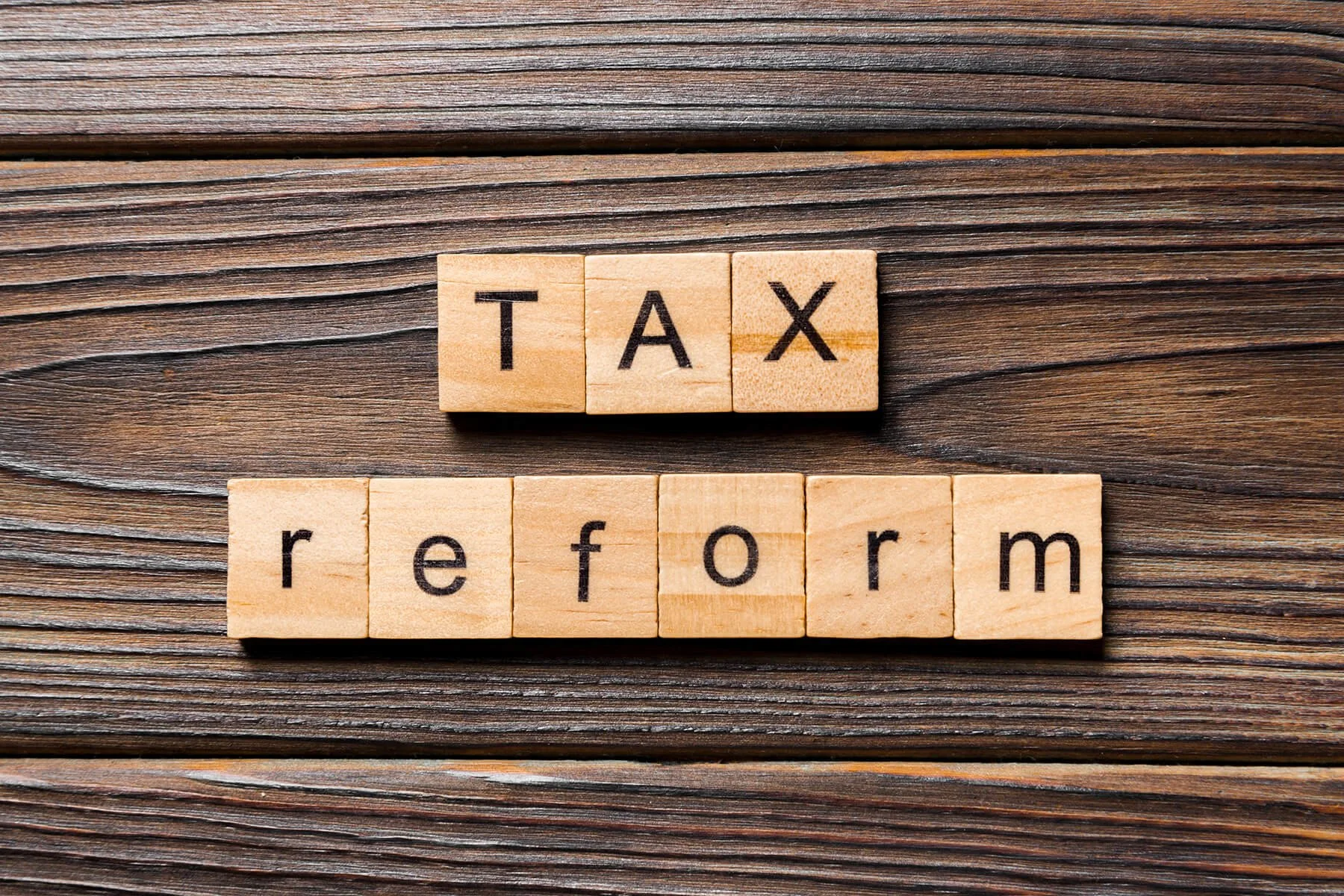A charitable organization that is not in good standing with the Attorney General's Registry of Charitable Trusts may not operate or solicit donations in California. Learn more.
Read MoreThinking about starting a nonprofit in California? Learn about the necessary steps for forming a 501(c)(3) tax-exempt nonprofit corporation.
Read MoreLearn more about the California minimum wage rate increases and how they can affect your nonprofit organization.
Read MoreWhat are best practices for nonprofit board meetings and should your nonprofit keep minutes at meetings? Learn more in this blog.
Read MoreView these resources for organizations that want to apply for tax-exempt status under Section 501(c)(3) of the Internal Revenue Code.
Read MoreDid you know The IRS offers video tips for businesses through their YouTube channel? Learn more in this blog.
Read MoreLearn about the IRS’s January 1, 2019 announcement about filing changes for nonprofit group exemptions.
Read MoreCalifornia Attorney General Xavier Becerra announced an initiative to educate California charitable organizations through a March 2019 webinar.
Read MoreThe IRS Tax Reform information page and other resources are available to help taxpayers better understand the impacts from this major legislation.
Read MoreA California nonprofit corporation that decides to close operations must take certain steps to dissolve and distribute any remaining assets.
Read MoreLearn about a new law that lets the California Franchise Tax Board (FTB) dissolve inactive companies.
Read MoreThe Franchise Tax Board recently announced that beginning early 2019, it will be providing business entities, including corporations, LLC’s, and exempt organizations that have taxable income or unrelated business income, with a summary of their 2018 tax year estimated payment, transfer and credit information.
Read MoreFranchise Tax Board proposed dissolution notices sent to thousands of nonprofit organizations. Learn more in this blog.
Read MoreOn December 10, 2018, the Internal Revenue Service issued interim guidance regarding the treatment of qualified transportation fringe (“QTF”) benefit expenses paid or incurred after December 31, 2017.
Read MoreCharities may use the Attorney General’s registration online renewal system. The renewal system may only be used by charity registrants in current (good) standing with the Registry of Charitable Trusts
Read MoreLearn about the Welfare Exemption for property (1) used exclusively for religious, hospital, scientific, or charitable purposes, and (2) owned or held in trust by nonprofit organizations operating for those purposes.
Read MoreObtaining and maintaining 501(c)(3) tax-exempt status is crucial to the success of charitable organizations. Learn how your nonprofit can stay exempt.
Read MoreThe Franchise Tax Board or the California Secretary of State can suspend an exempt organization for a number of reasons. Suspension affects an organization’s tax-exempt status.
Read MoreMany nonprofits use games of chance and auctions as fundraising vehicles, without realizing that “legalized games of chance” are regulated activities, and indeed illegal in many states.
Read MoreThe Attorney General regulates charities and the professional fundraisers who solicit on their behalf. Learn more in this blog.
Read More


















